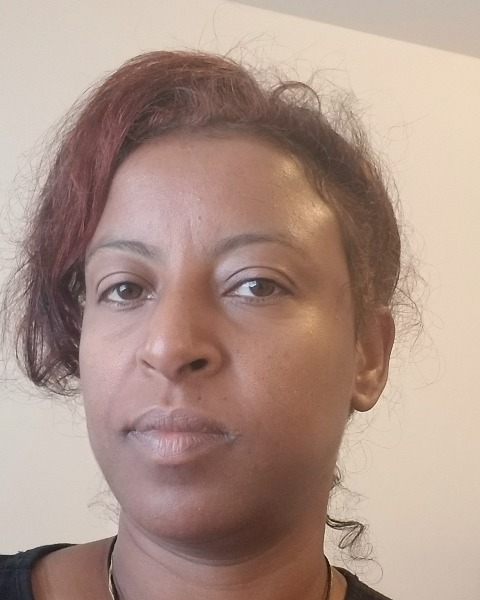Student Poster Display
Plant-Insect Ecosystems
Student
Student Competition
D3078: Evaluating the oviposition behavior of corn earworm on hemp
- AA
Asim A. Ahmed, Sr.
Student
University of Maryland
Princess Anne, Maryland 
Tigist A. Tolosa
Post doc researcher
University of Maryland
Princess Anne, Maryland- BJ
Brandon AO Jackson
University of Maryland
Princess Anne, Maryland - SH
Shellyann A. Henry
University of Maryland
Princess Anne, Maryland 
Simon Zebelo
Professor/Advisor
University of Maryland
Princess Anne, Maryland
Presenting Author(s)
Co-Author(s)
Finding and choosing a good site for oviposition is a challenging task for females of herbivorous insects. Her decision has far-reaching and profound consequences for the life history of her offspring. This study evaluated the oviposition preference of corn earworm (CEW), Helicoverpa zea, between hemp varieties and corn. A two-choice oviposition test was conducted to evaluate the oviposition behavior of CEW. The laboratory assay assessed the test by presenting a pair of treatments (hemp varieties and non-BT corn) to females in black cloth cages. The two hemp varieties used in this experiment were Trump and Mountain mango. The oviposition assay results showed a significantly higher number of CEW eggs laid on the two hemp varieties (Trump and Mountain mango) than the corn plant. Our laboratory and field study provided insight that CEW preferred specific hemp varieties for oviposition. Plant chemical and physical characters may act as recognition cues for ovipositing female insects. To substantiate the obtained result, we will collect the headspace volatiles and study their role in attracting or repelling females.

.png)

